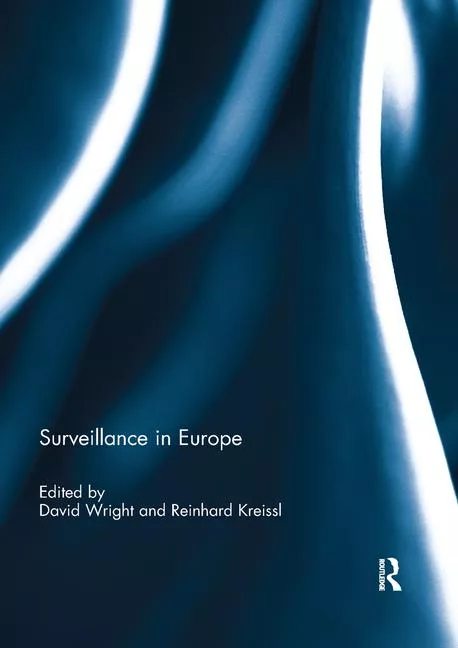In 2020, 47 Countries Witness Surge in Civil Unrest

A quarterly Civil Unrest Index reveals that over the past year 47 jurisdictions have witnessed a significant uptick in protests, which intensified during the last quarter of 2019.
This includes locations as diverse as Hong Kong, Chile, Nigeria, Sudan, Haiti and Lebanon.During this period, Chile and Hong Kong have plummeted in the ranking of 198 countries, from 91st to 6th and 117th to 26th highest risk respectively, says the Maplecroft Civil Unrest Index. Other hotspots, including Nigeria (ranked 8th), Lebanon (13th) and Bolivia (21st), have also recorded some of the biggest negative swings in the index.
"The only thing saving Hong Kong from dropping further in the index is that it still has some mechanisms in place for channelling discontent, including freedom of speech and a robust judiciary, even though these are being increasingly eroded. This is in contrast with many of the extreme risk countries where no such mechanisms exist," says the Maplecroft report. In terms of the severity and frequency of protests, though, Hong Kong sits alongside Chile as the world’s riskiest location.
The number of countries rated extreme risk in the Civil Unrest Index has also jumped by 66.7 percent; from 12 in 2019 to 20 by early 2020. Countries dropping into this category include Ethiopia, India, Lebanon, Nigeria, Pakistan and Zimbabwe. Sudan, meanwhile, has overtaken Yemen to become the highest risk country globally.
An ‘extreme risk’ rating in the index, which measures the risks to business, reflects the highest possible threat of transport disruption, damage to company assets and physical risks to employees from violent unrest. Most sectors, ranging across mining, energy, tourism, retail and financial services, have felt the impacts over the past year, says Maplecroft.
The resulting disruption to business, national economies and investment worldwide has totaled in the billions of US dollars. In Chile, the first month of unrest alone caused an estimated $4.6 billion worth of infrastructure damage, and cost the Chilean economy around $3 billion, or 1.1 percent of its GDP.
Maplecroft predicts that 75 out of the 125 countries in their forecasting database will on average see an increase in civil unrest during the next six months. A key issue for companies to consider is how these governments will deal with growing unrest, says the report.
Maplecroft's Security Forces and Human Rights Index, which measures incidents of extrajudicial killings, arbitrary arrest and torture, rates 36 countries as extreme risk on this issue. "This includes important emerging markets where security forces have historically responded with heavy-handed tactics, or where they are allowed to commit human rights violations with impunity," notes Maplecroft. These feature mainland China (ranked 9th highest risk), Turkey (11th), Saudi Arabia (23rd), Russia (33rd) and Thailand (30th).
"Human rights violations, including arbitrary arrests and the use of indiscriminate violence, pose a risk to protesters and any company staff in the vicinity of ongoing unrest. The use of violence, in turn, radicalizes protesters, provokes violent responses and ultimately fuels further unrest," concludes Maplecroft.
Looking for a reprint of this article?
From high-res PDFs to custom plaques, order your copy today!






